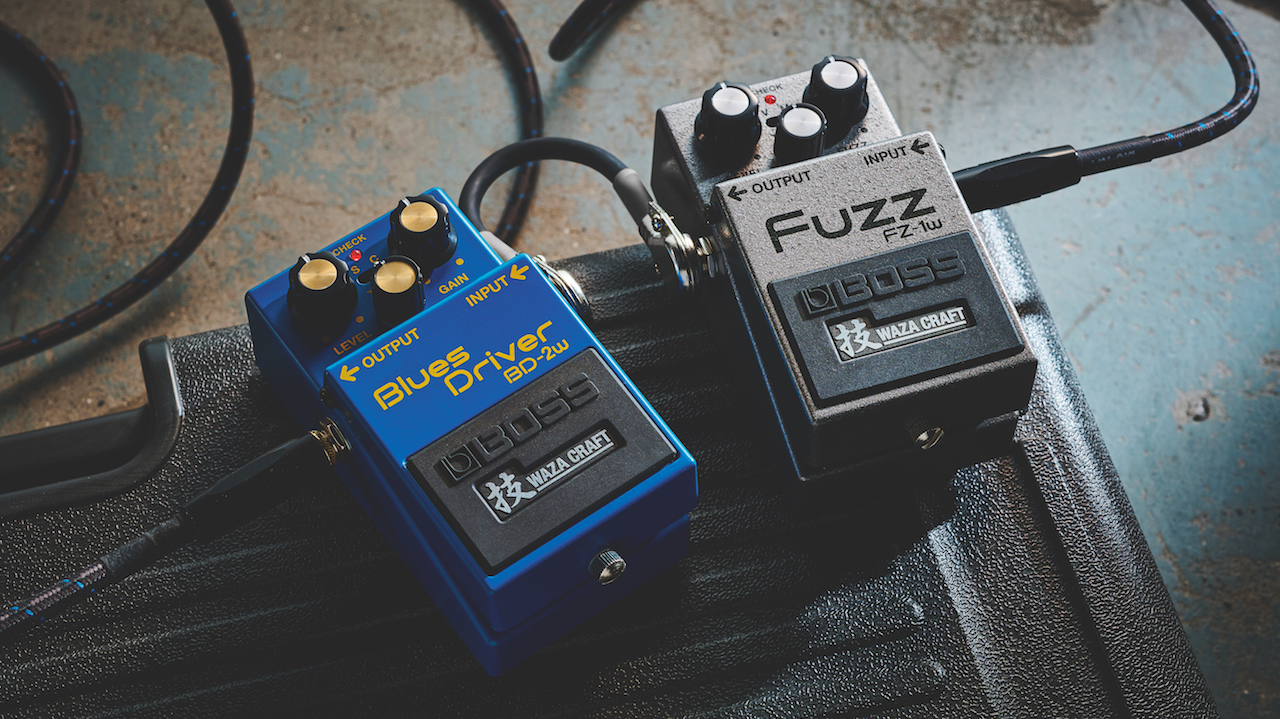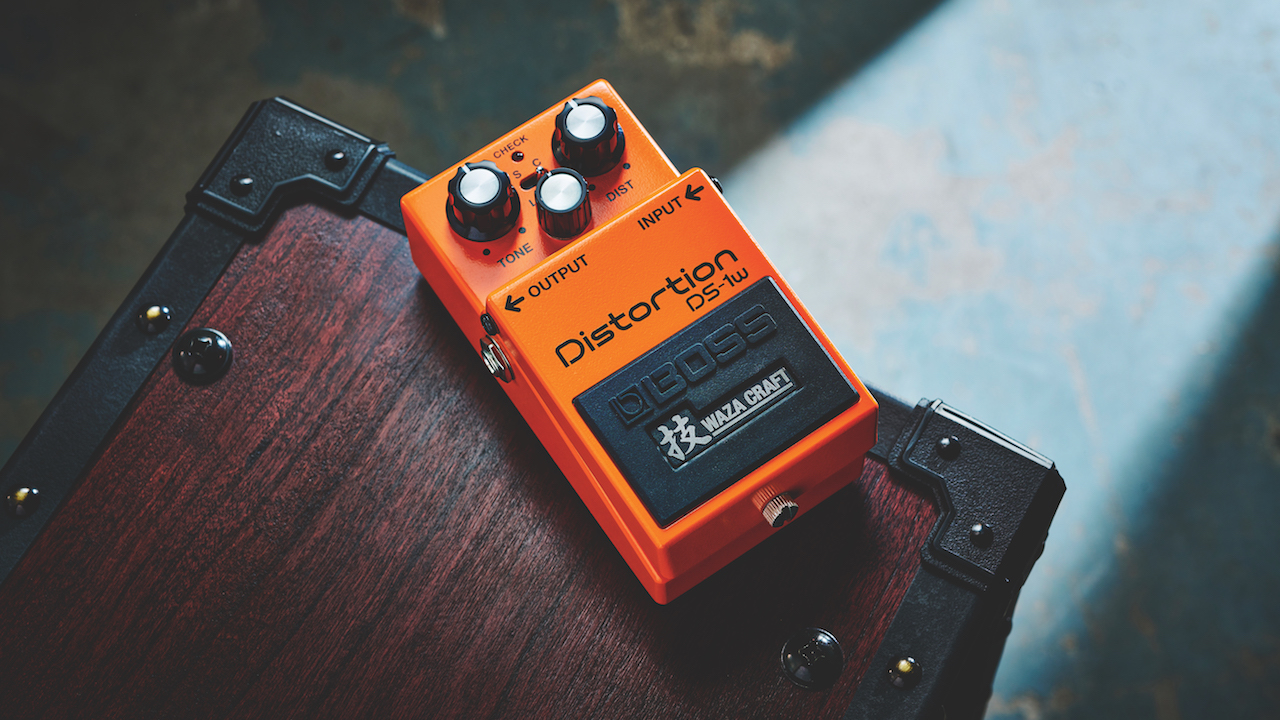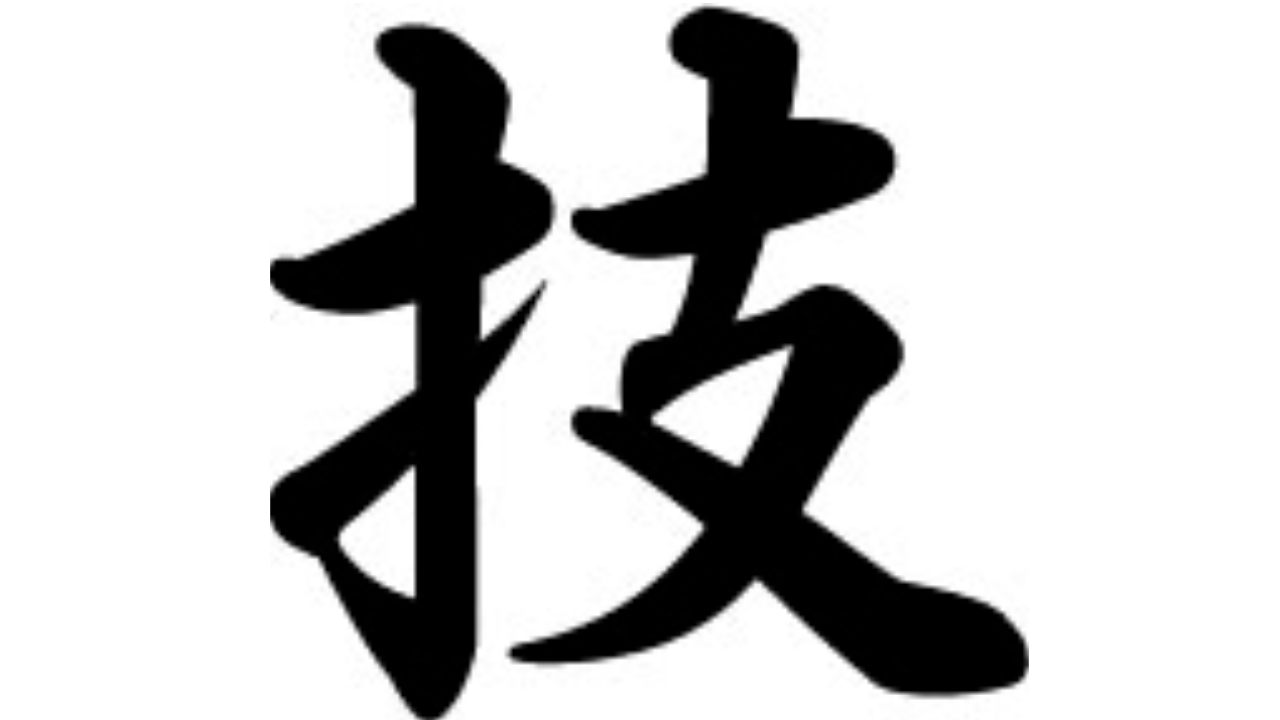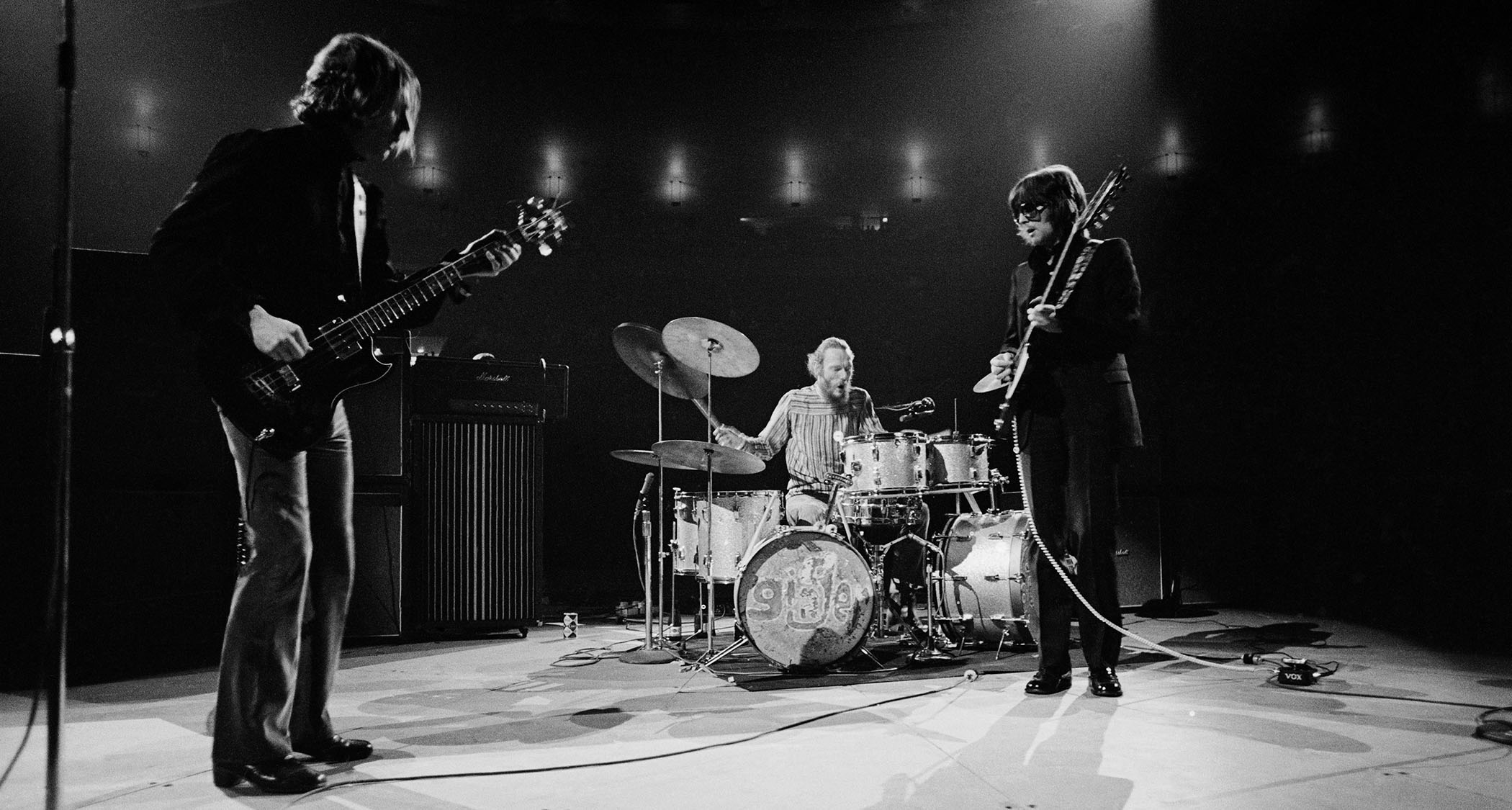“We can create sound with more freedom, while maintaining the original quality”: What is BOSS Waza Craft? The Japanese effects giant’s boutique range explained
If classic tones with custom voicings and enhanced functionality is what you’re after, in a package that’s built to the highest possible quality, Waza Craft is for you

The cult appeal of effects pedals has exploded in recent years and one manifestation of that has been the rise of modded versions of classic pedals by BOSS.
But while imitation may be the sincerest form of flattery, BOSS saw this as an opportunity to offer something better: boutique-grade versions of classic BOSS pedals and all-new premium pedals designed by its own team of tone experts. This was how BOSS’s de facto custom shop – ‘Waza Craft’ – was born in 2014.
In Japan, the term ‘Waza’ – means ‘art and technique’. Accordingly, BOSS pedals bearing that emblem are the highest quality, in terms of design and craftsmanship, that the company offers and are built exclusively in Japan.
They also address a problem that many unofficially modded versions of BOSS pedals have suffered from – in the process of squeezing new sounds from classic circuits, modders often lost the essence of what made the original pedal great.
“Many of them made a difference in sound by adding or replacing parts,” says Mitsuhiro Wakiyama, division head general manager, Effector Development Department, and one of the key members of the team that developed Waza Craft.
“Changing the components produces a sound that is different from the original – however, the original quality is lost.
“Waza Craft was born because we know that we can advance to a higher level without losing the original quality. Because we know the original – and build the circuit from scratch – we can create sound with more freedom, while maintaining the original quality. This [Waza Craft concept] was based on the proposal of Yoshi Ikegami, who was then president of the BOSS Corporation.”
All the latest guitar news, interviews, lessons, reviews, deals and more, direct to your inbox!

With this ethos driving the project forward, BOSS launched the first Waza Craft effects in 2014 with a trio of classic pedals that had each been given the ‘hot-rod’ treatment by BOSS’s design team: the BD-2w Blues Driver, the SD-1w Super OverDrive and the DM-2w Delay.
Setting the pattern for subsequent Waza Craft releases, the three new compact pedals offered classic tones but also unique, custom voicings accessible at the flick of a switch. For example, the Custom mode on the BD-2w delivers “an expanded tonal range, with increased body and sustain”, as BOSS explains it.
But the ‘custom’ approach didn’t end there. Under the hood, the new Waza Craft compact pedals featured boutique-grade components that offered benefits such as a lower noise floor.
An instant success, the debut threesome of Waza Craft pedals was followed by equally exacting and tone-tailored versions of BOSS classics, including the CE-2w Chorus, DC-2w Dimension C, DS-1w Distortion and many others.
If we look more closely at the DS-1w, one of the most hotly anticipated of all Waza Craft pedals when it launched in 2022, we see how Waza Craft unites tradition with progression very clearly.
The DS-1w retains the distinctive crisp distortion that made the original DS-1, launched in 1978, one of the best-selling pedals of all time. But it also introduces a new custom ‘C’ voicing from its two-stage gain circuit, which Guitarist magazine described this way in its review of the DS-1w shortly after it launched: “Switching over to C mode, you’ll notice a volume jump as it’s 6dB louder with a different midrange profile.

“The sound is thicker with the mids poking forward, giving more presence to cut through a mix, and that extra 6dB offers much more leeway in adjusting the Level for a boost. What’s more, there’s increased sensitivity to picking and volume knob control, engendering a more dynamic playing experience suited to a range of musical scenarios.”
Mitsuhiro Wakiyama of BOSS explains the design approach behind the DS-1w and other pedals in the Waza Craft range even more succinctly: “Each pedal has its own unique character. It is customized to a contemporary sound… while taking advantage of the original qualities,” he reflects.

DC-2w Dimension C
If you crave shimmering cleans as lush and spatially rich as the best rackmount chorus devices, you should check out the DC-2w. BOSS says the “Dimension is a one-off effect that enhances tonal space”, and that certainly captures the floaty, ethereal character of this unique effect, which brings together both the tones of the original DimensionC pedal and studiograde voices from the rackmount Roland SDD-320 DimensionD. By interactive use of four switches on the front panel, theDC-2w offers the user20 unique and evocative sounds.
CE-2w Chorus
An irresistible offering for fans of classic modulation pedals, the CE-2w provides guitarists with the era-defining mono chorus tones of the original 80s-era CE-2 Chorus but adds the choice of stereo operation for the first time as well as tones from the equally influential CE-1, putting everything from rotary speaker-style swirls to warm, evocative chorus sounds at your fingertips.
DM-2w Delay
Every guitarist should have a characterful analogue delay based on ‘bucket brigade’ circuitry for those chewy, viscerally exciting echo sounds. Based on the original DM-2 analogue delay, launched in 1984, the Waza Craft version also offers a Custom mode with more clarity, for times when a more pristine sound is needed, as well as more than doubling the available delay time.
It’s important to note that Waza Craft isn’t just about creating pedals for tone connoisseurs but about putting enhanced functionality in the hands of guitarists.
Take the example of the Waza Craft TU-3w Chromatic Tuner. Based on the globally popular TU-3 tuner, the TU-3w offers signal-chain enhancements that will appeal to tech-savvy players with complex pedalboards, including a premium-quality signal buffer that can be turned off for true-bypass operation should you need impedance-sensitive pedals downstream of the TU-3w to ‘see’ unbuffered signal.
It’s details such as this that set Waza Craft pedals apart – they are not designed to make BOSS’s excellent Standard compact pedals obsolete. On the contrary, Waza Craft pedals are built on the timeless bedrock of those iconic effects. However, Waza Craft pedals do offer customised, premium-quality functions and sounds to guitarists that seek nuanced control of their tone in a superlatively built package.
Waza Craft also gave rise to BOSS’s hugely successful Katana range amps, which were developed from tech used in the Waza Amp Head. The philosophy has also been extended to pro-spec tone tools such as the Tube Amp Expander, a variable reactive loadbox, 100-watt analog power amplifier, IR loader and loudspeaker emulator in one.
True to the Waza Craft ideal, all of these products open up new horizons for tone aficionados while retaining the core reliability and usability for which BOSS is renowned. The Waza Craft project has also allowed BOSS to create pedals inspired by seminal 60s-era fuzzboxes, such as the TB-2w Tone Bender, and – most recently – pedals that bring together hand-picked elements of other BOSS effects to make an entirely new design.
Such is the nature of the latest Waza Craft pedal to make its debut, the BP-1w Booster/Preamp. Most guitarists have, by now, recognised how useful and tonally flattering a good ‘always on’ preamp effect can be, while every player needs a boost from time to time to help solos punch through the mix or drive an amp harder.
Keen-eared guitarists also know that some effects not specifically designed to act as boosts nonetheless contain great-sounding preamp circuits. BOSS embraced this idea with the BP-1w, bringing together vintage preamp sounds from the landmark BOSS CE-1 Chorus Ensemble and Roland RE-201 Space Echo, both known for the flattering tonal character they bring to the signal chain.

Engage the pedal’s CE-1 or RE-201 modes and you’ll discover two classic preamp voices in newly controllable form, which can be used to lift and push your signal or simply add attractive color to your sound.
“The ‘CE’ mode is based on the preamp sound of the CE-1, and the ‘RE’ mode is based on the preamp sound of the RE-201,” Mitsuhiro Wakiyama says. “But although the sound is based on [those classic effects], it does not just boost the sound; it produces a pleasant saturation for the guitarist. You can also enjoy changes in tone due to differences in input impedance and changes in the guitar volume.”
True to the Waza Craft ethos, the BP-1w also features a third, brand-new NAT boost mode that gives a transparent hike in output for when you simply want ‘more’ of what you’ve already got. It’s one of those pedals with a simple premise but a wealth of tonal flexibility, a tonal utility tool that is anything but workaday in its sonic influence.
“To achieve these goals, each part is carefully selected and the analog circuit is equipped with every detail,” Mitsuhiro Wakiyama says. “This is Waza Craft.”
This month, Guitarist magazine includes a free supplement dedicated to 50 Years of BOSS. Click here to download it as a digital version or here for a 'digital page-turner' on Issu.
Jamie Dickson is Editor-in-Chief of Guitarist magazine, Britain's best-selling and longest-running monthly for guitar players. He started his career at the Daily Telegraph in London, where his first assignment was interviewing blue-eyed soul legend Robert Palmer, going on to become a full-time author on music, writing for benchmark references such as 1001 Albums You Must Hear Before You Die and Dorling Kindersley's How To Play Guitar Step By Step. He joined Guitarist in 2011 and since then it has been his privilege to interview everyone from B.B. King to St. Vincent for Guitarist's readers, while sharing insights into scores of historic guitars, from Rory Gallagher's '61 Strat to the first Martin D-28 ever made.

